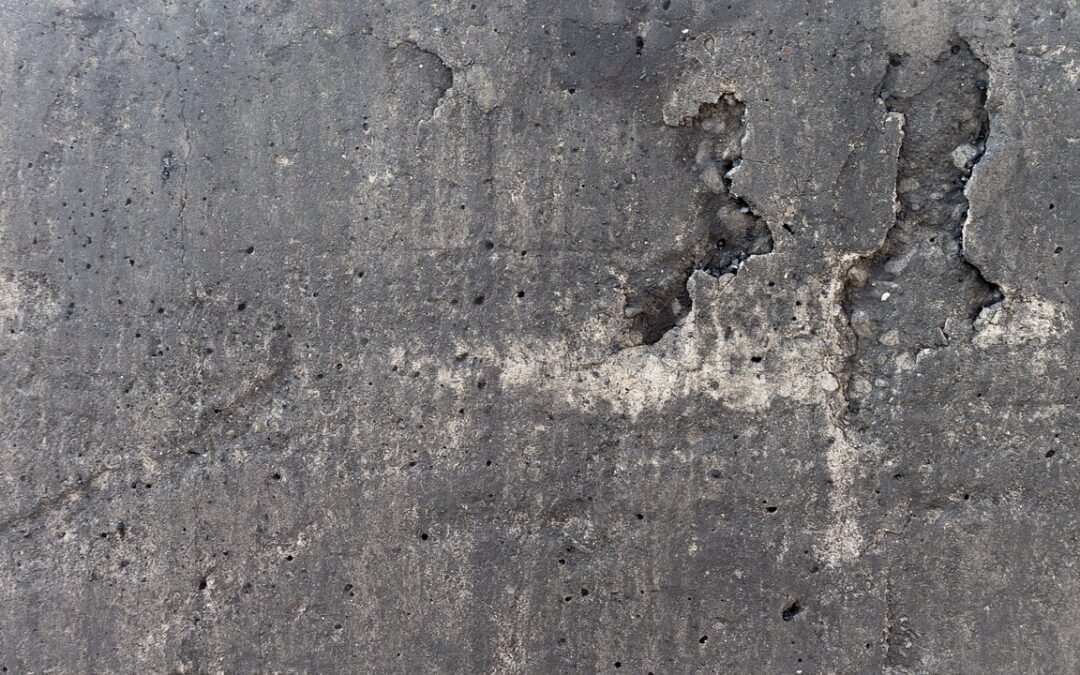Contents
Excavation Services: A Guide for Homeowners and Businesses
TL;DR
Excavation is the process of digging and removing earth and other materials to prepare a site for construction or other purposes. Professional excavation contractors offer various services such as land clearing, site preparation, trenching, foundation excavation, and demolition. Consider factors like experience, licensing, equipment, safety practices, and cost when choosing a contractor. The excavation process involves site assessment, equipment selection, excavation techniques, soil removal, and site cleanup.
The Importance of Excavation
Excavation is a crucial step in many construction projects, including:
- Building foundations: Removing soil and debris to create a stable base for structures.
- Installing utilities: Digging trenches for water, sewer, gas, and electric lines.
- Site preparation: Leveling and grading land for construction or landscaping.
- Land clearing: Removing vegetation, debris, and obstacles from a site.
- Demolition: Removing existing structures and debris to prepare for new construction.
Types of Excavation Services
Land Clearing: Removing trees, shrubs, and other obstacles to clear a site for development.
Site Preparation: Grading and leveling land to create a suitable base for construction.
Trenching: Digging narrow, deep holes in the ground to install utility lines.
Foundation Excavation: Removing soil and debris to create a foundation for buildings.
Demolition: Dismantling and removing existing structures, including buildings, bridges, and roads.
Choosing an Excavation Contractor
Experience and Expertise: Hire a contractor with experience in the specific type of excavation needed for your project.
Licensing and Insurance: Ensure the contractor is properly licensed and insured to protect both you and the contractor.
Equipment and Technology: Modern equipment and technology can improve efficiency and safety. Inquire about the contractor’s equipment capabilities.
Safety Practices: Choose a contractor who adheres to industry safety standards and regulations.
Cost and Budgeting: Factor in site conditions, project complexity, and equipment usage when budgeting for excavation costs.
The Excavation Process
Site Assessment: A site evaluation to determine the scope of work and potential challenges.
Equipment Selection: Choosing the appropriate heavy equipment for the project, such as excavators, bulldozers, and dump trucks.
Excavation Techniques: Using different methods to excavate the soil, such as digging, blasting, or hydraulic excavation.
Soil Removal and Disposal: Removing and disposing of excavated soil responsibly, adhering to environmental regulations.
Site Cleanup and Restoration: Cleaning up the site and restoring it to its original condition or preparing it for further construction.
FAQs
How long does an excavation project take?
The duration depends on the size and complexity of the project, weather conditions, and equipment availability.
What permits are required for excavation?
Permits may be required for certain types of excavation, such as utility installation or demolition. Contact local authorities for specific requirements.
How much does excavation cost?
Costs vary depending on factors such as site conditions, project complexity, and equipment usage. Obtain quotes from multiple contractors to compare pricing.
Conclusion
Excavation is an essential element of many construction projects. By choosing a professional excavation contractor and understanding the process, homeowners and businesses can ensure the success of their projects. Contact a local excavation company today for a free estimate or consultation.

